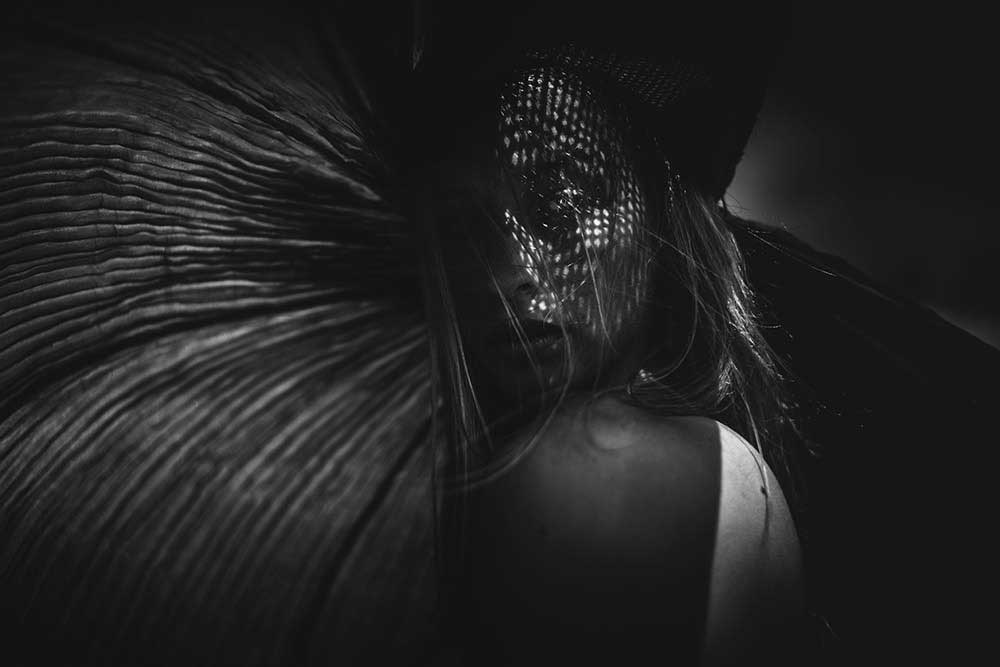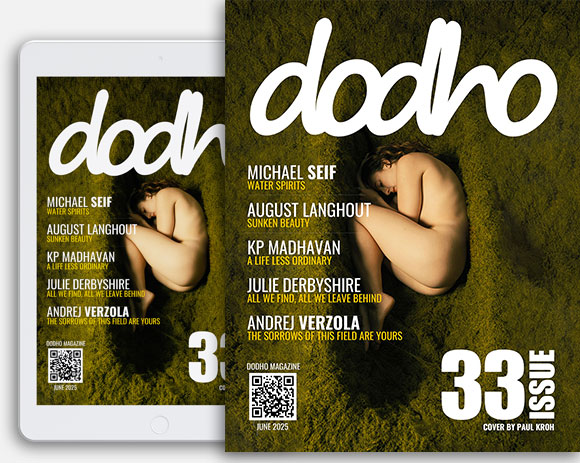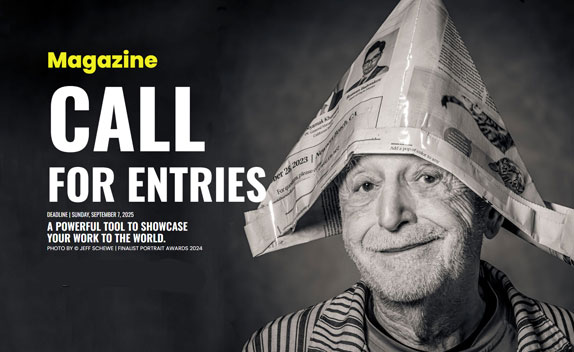Julien De Wide was born in 1976 and is a professional photographer since 1996.He received his first camera at age 10 and started photographing his skateboarders friends.
At 16, he travels to Kurdistan and makes his first personal photographic report that will be exhibited in Brussels. After studying photography, he began his career as a fashion photographer for women’s magazines such as Elle and Marie Claire. After meeting with Grand Mas- ter Ringu Tulku Rinpoche, Julien travels to India in Dharamsala. This is the beginning of a journey that will take him from Rishikesh to Bangkok where he lived for three years. Now, Julien splits his time between Belgium and Thailand, working as a photographer and filmmaker. The search for truth and purity determines his work. Julien is extremely grateful to his mother and grandfather, both photographers. [Print Version] [Digital Version][Official Website]
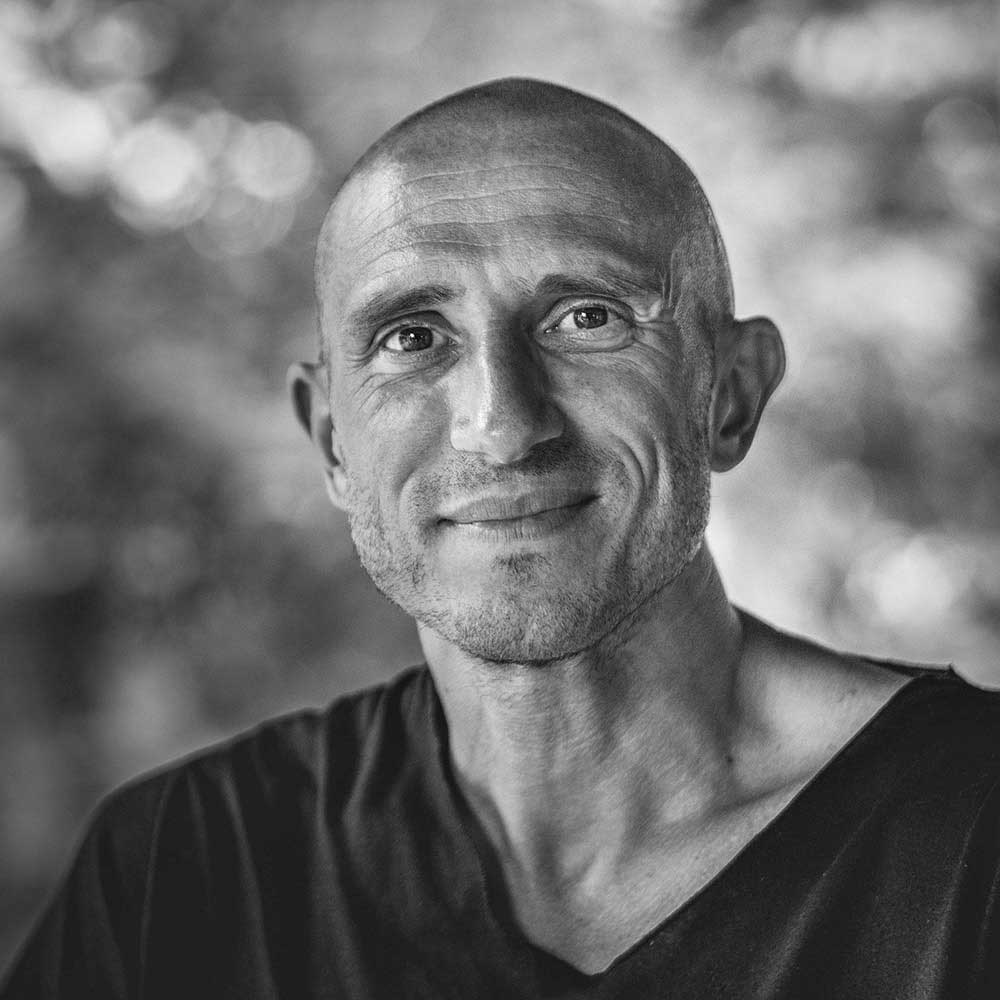
Can you tell us a little about yourself?
I am 42 years old and I am the happy dad of my beloved daughter, Yokmanee. I photograph since I was young and I decided to become a professional photographer at the age of 16. I have been passionate about Buddhism and Advaita for many years and feel that my two main passions, philosophy and photography – finally meet.
How did you get interested in photography?
I was lucky to never have had to ask myself what I would like to do. Photography was so natural to me. It has always been a part of me. My grandfather was truly an inspiring human being and one of the most accomplished I have ever met. In the 1930s, he was only 16 years old and he began to photograph while his family was made up of Dutch farmers. At that time, it was completely crazy. He built his first camera and made his own chemicals. He has been a photographer all his life. My beloved mother was also a photographer and every time I look at the photos she did when she was only 15, I’m fascinated.
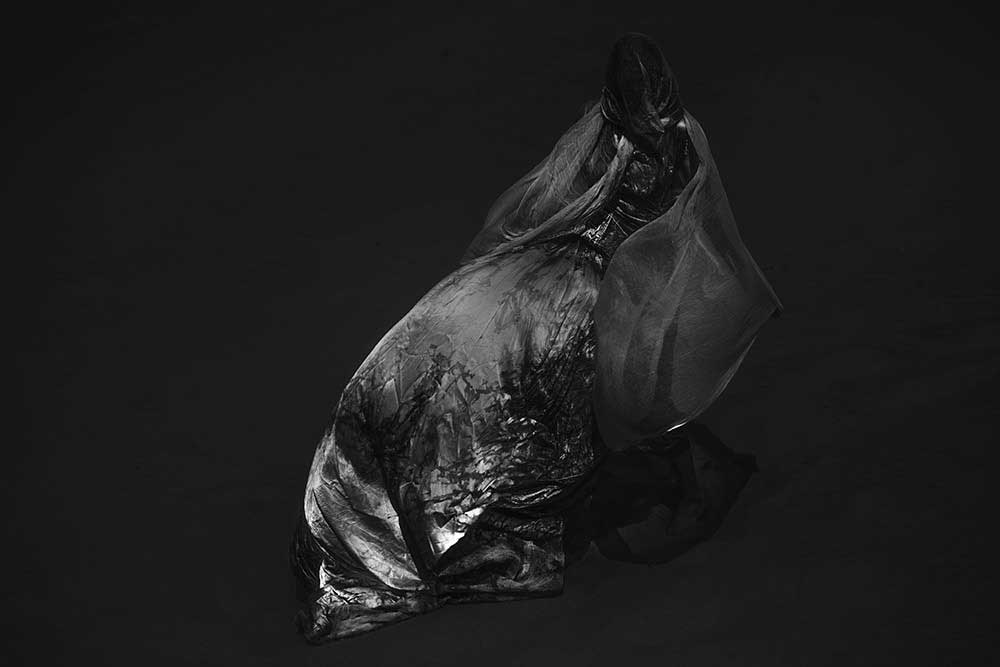
What inspired you take your Untold project?
Untold project is in a way a really honest and personal job. I am so convinced that the perception of the so-called «world» is composed of relative and personal concepts based on our own history and our own memory, so that there is no dominant point of view to interpret what our senses perceive. Untold project is a series about our perception and how introspection and learning of true nature can make us a better human being.
How would you define your general style photography?
I wanted to become a reportage photographer first, but I soon realized that I wanted to control even more the components of photography.So I started fashion photography, where I could make my own light, guide the models and develop a style. I have always been fascinated by old black and white portraits and Flemish Renaissance painters. I guess my style has been influenced by all these references. I like to photograph people, in the form of reportage or portraits, see how and where they live, talk about their lives, exchange ideas with them. I like an honest photograph, sincere, intense, without artifice. I much prefer black and black because colors are a distraction in the main purpose of my work, which is to create a change in our perception.
Could you please tell us anything about your technique and creating process?
When I started with analog photography, I spent years in studio photography. So I think I have reasonable technical knowledge, but when I photograph, I have to get rid of it completely. I shoot fast and it’s intuitive. I try to move and search until I feel that everything is in harmony. I like being light with equipment and playing with things like wind and water. I use Lightroom, Capture One and Photoshop for different purposes during the post-production process. I almost don’t retouch my photos, I just play with layers and curves.
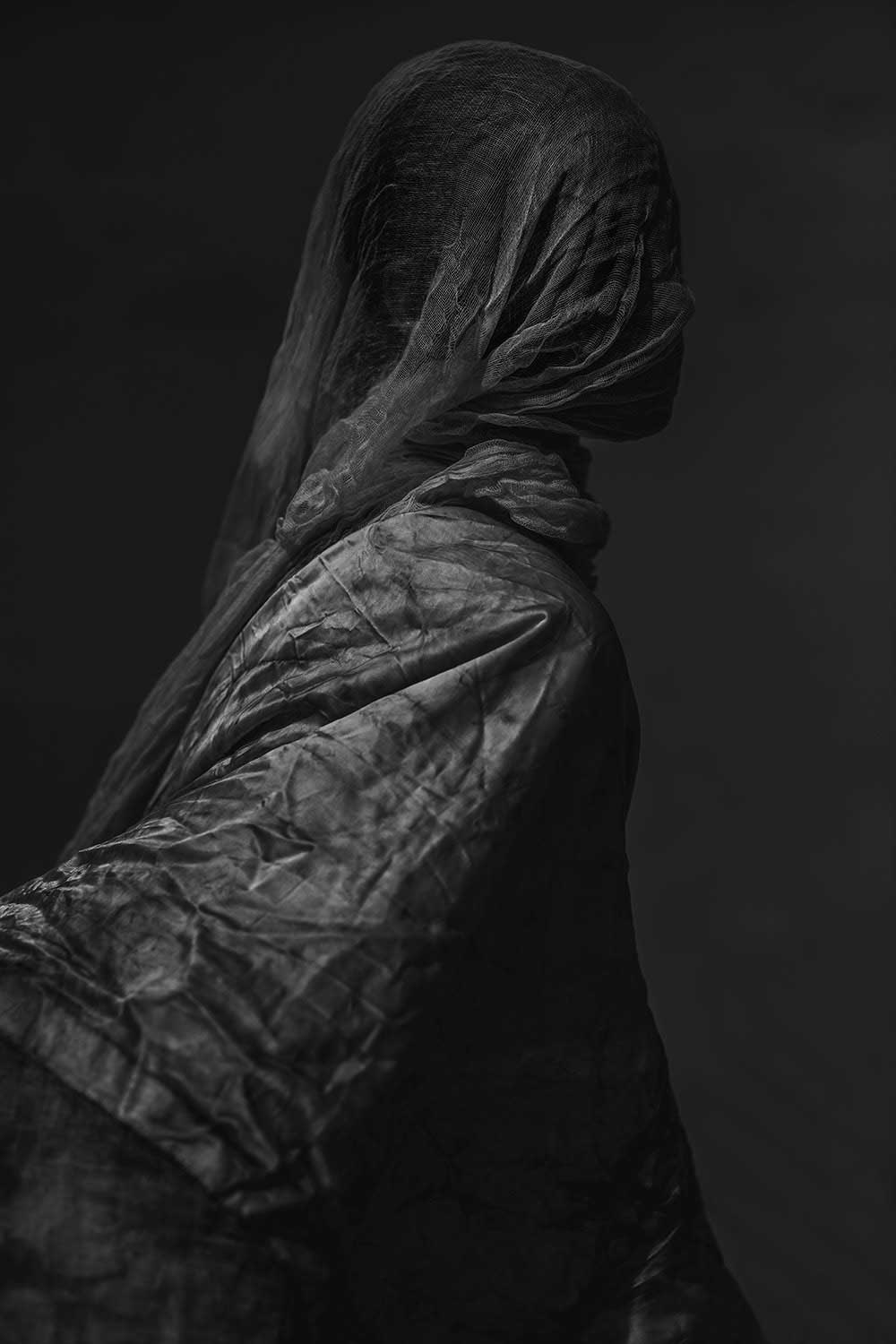
In your opinion, what makes a black & white Photography
For me, the idea of black-and-white photography is to go straight to the essential: emotion, truth, light, the intensity of life; if it’s not there, you can do what you want, your image is for the trash.
How much preparation do you put into taking a photography?
I like to prepare my shots and know the images that I want to bring back, but when the shooting started, I remain open to completely change the preparations. I need a space where everything is possible and open. I prepare enough not to waste time during the shooting, but I do not prepare too much, it must remain fresh and intuitive.
What do you think makes a memorable project?
A project is memorable when viewers are transported elsewhere, challenging their own beliefs, views and preconceptions. Art must make us evolve as a human being and open our consciousness.
How do you know you got the shot you wanted?
This part of the process is totally intuitive. I feel immediately if the elements are together and I don’t stop until I get it. When the sky is with you, you can’t miss it. It’s all there. If my thoughts are confused about an image, I try to separate the reason, the feeling, the memory part of my brain to keep only the emotional part alive.
Your idea of the perfect composition?
The composition is incredible. Some compositions are perfect but so boring and predictable. Some missed compositions are so strong and honest. When I used a film camera and printed my photographs in the dark room, I kept the border of the film to show that the photo was not cropped. And now, even in digital, I try to avoid crop my picture, I love to keep the original frame.
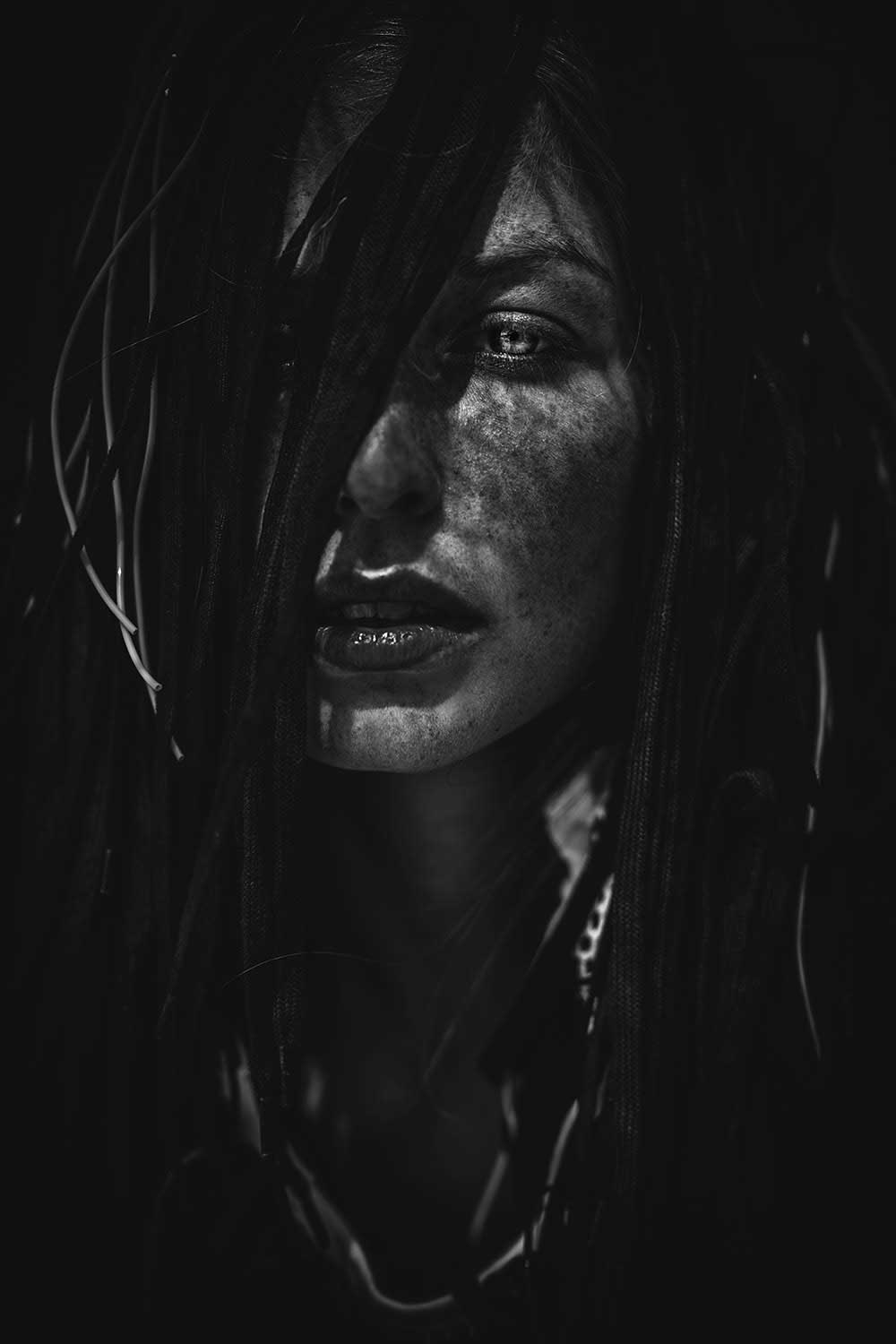
What would iI find in your Camera Bag?
My bag depends on the work I have to do. There could be a single body with a single lens, or 2 bodies with 5 lenses plus a gimbal, recorder, slider, tripod, lights, etc. But the best for me is a mirrorless body and three lenses.
How important is an awesome website for your business and how has social media played a role in your photography?
The website is your business card. It’s you. Your work, your personality, your appearance and your way of thinking. I like it simple but effective, clear and fast. When it comes to social media, you can not ignore them, you have to be there, for obvious reasons of presence and relationships, while relativizing its importance. I like being outdoors and focusing on real life instead of spending time with screens.
What future plans do you have? What projects would you like to accomplish?
I plan to shoot more series like Untold project, take more time to work on my personal projects, and share time with people I have already started photographing and with whom I want to get closer to photograph their life as she is. I am looking for inspiring people.
Finally, one las question. What opinion do you have of Dodho Magazine?
Dodho presents many types of photographers with an open mind and a high level of requirement. It’s not a unique genre of photography, but different aspects and visions. It’s a great value to be in such a gallery. The visuals and writing are really good and we immediately feel how passionate the founders are.
